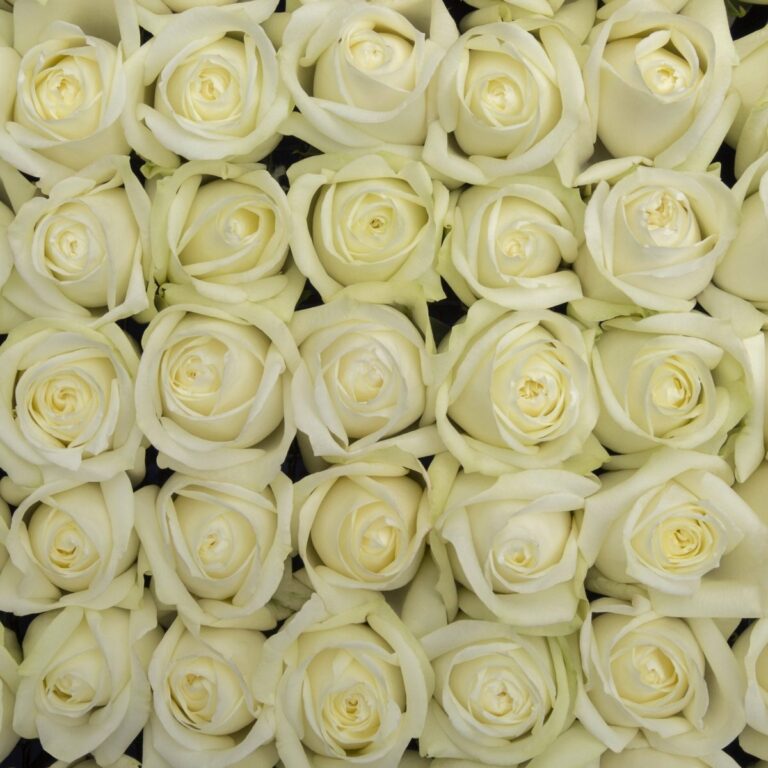Meaning
Feminine Name
Rosie is a diminutive, commonly used as an affectionate nickname for the given name *Rose*. The name _Rose_ itself has deep roots in Latin, deriving from the word “rosa,” meaning “rose” – a flower celebrated for its beauty, fragrance, and symbolism of love, passion, and new beginnings.
The name Rosie carries these same connotations of grace, charm, and tenderness. It evokes images of delicate femininity, innocence, and warmth. Its popularity surged in the early 20th century, likely influenced by the “Rosie the Riveter” icon from World War II.
Rosie the Riveter became a symbol of female strength and resilience during wartime, challenging traditional gender roles and inspiring generations of women. This association contributed to Rosie’s enduring appeal as a name that embodies both gentleness and empowerment.
Short for Rose
Rosie is a diminutive, or shortened, form of the name “Rose,” which has deep historical and cultural significance. “Rose” itself derives from the Latin word “rosa,” meaning “rose” – the flower. This association with the rose imbues Rosie with connotations of beauty, love, passion, and grace.
The popularity of Rosie likely stems from both the inherent charm of the name itself and its connection to the beloved rose flower. It is a name that evokes a sense of warmth, femininity, and timeless elegance.
Rosie has been used as a given name for centuries, though it became particularly popular in the 20th century.
Its rise in popularity can be partially attributed to iconic figures like Rosie the Riveter, an influential cultural symbol of female strength and empowerment during World War II. Rosie’s image, often depicted with rolled-up sleeves and a determined expression, became synonymous with women working in traditionally male-dominated industries.
This association cemented Rosie as a name that represents both beauty and resilience, a perfect combination for a cherished given name.
Origin
Latin Roots
Rosie is a diminutive form of the name Rose, which itself has deep historical roots and fascinating linguistic origins.
The name Rose comes directly from the Latin word “rosa,” meaning “rose” – the beloved flower known for its beauty and fragrance.
This connection to nature makes the name Rose, and consequently Rosie, inherently evocative of positive qualities such as loveliness, grace, and innocence.
Throughout history, the rose has held symbolic significance in many cultures. It’s often associated with love, passion, beauty, but also with secrecy and mystery. This complex symbolism adds another layer of depth to the name Rosie.
The use of “Rosie” as a nickname or shorter version of Rose likely emerged organically over time.
Diminutives, like Rosie, are common in many languages, serving to create a more affectionate and intimate version of a given name.
Over the centuries, Rosie has become a popular name in English-speaking countries, gaining particular traction during the 20th century.
Its simple charm, sweet sound, and positive associations have made it a timeless choice for parents.
Association with Beauty
Rosie is a diminutive of the name Rose, which has deep historical roots and associations with beauty, love, and purity.
The name Rose itself originates from the Latin word “rosa,” meaning “rose.” The rose flower holds significant symbolic value across many cultures, representing romance, passion, and femininity.
Throughout history, roses have been depicted in art, literature, and mythology, often symbolizing beauty, love, and even divinity. This rich symbolism undoubtedly contributed to the popularity of the name Rose, which has been used for centuries as a given name for girls.
The diminutive Rosie emerged as a more informal and endearing variant of Rose, likely gaining traction in the 19th century. The nickname’s charm lies in its simplicity and sweetness, reflecting the delicate beauty associated with the rose flower.
Today, Rosie remains a popular name choice for girls, carrying with it the enduring legacy of beauty and love that has been intertwined with the name Rose for generations.
History
Victorian Era Popularity
The name “Rosie” is a diminutive, or shortened version, of the name **_Rose_**, which has deep historical roots and enduring popularity.
Rose itself derives from the Latin word *rosa*, meaning “rose,” the beautiful flowering plant renowned for its fragrance and beauty. Roses hold significant symbolic meaning across cultures, often representing love, beauty, passion, and new beginnings.
The name **_Rose_** gained prominence in Western culture during the **Victorian Era**, a period known for its emphasis on romanticism, femininity, and floral motifs. Roses were particularly popular as emblems of love and devotion, appearing frequently in literature, art, and fashion.
As the popularity of **_Rose_** surged, so too did its diminutive form, **_Rosie_**. This shortened version carried a similar sense of charm and sweetness, making it a beloved choice for baby girls during this era.
The name **_Rosie_** continued to be popular throughout the 20th century, experiencing renewed interest in recent decades. Its simplicity, gentle sound, and connection to the enduring symbolism of the rose contribute to its enduring appeal.
Today, **_Rosie_** remains a charming and timeless name choice, evoking feelings of innocence, beauty, and enduring love.
Rosie the Riveter
Rosie the Riveter wasn’t born a name; it was forged in the crucible of World War II. During the war effort, the United States faced an unprecedented manpower shortage as millions of men enlisted to fight overseas. This left factories and shipyards scrambling for workers to fill crucial production roles.
Enter Rosie, a powerful symbol representing these women who stepped up and answered the call. The iconic image of a strong, determined woman flexing her bicep, adorned with a red bandana and sporting a determined gaze, encapsulated the spirit of female empowerment that emerged during this time. This wasn’t just about making things; it was about proving their capability, strength, and unwavering dedication to the war effort.
The name “Rosie” itself likely originated as a slang term for a working woman, perhaps rooted in the popularity of the song “Rosie O’Grady,” a vaudeville ditty from the late 19th century. While no single source can definitively pinpoint Rosie’s genesis, it organically evolved into an embodiment of female strength and resilience during the war.
The iconic image of Rosie the Riveter wasn’t merely a fleeting marketing gimmick. It was part of a deliberate propaganda campaign aimed at motivating women to join the workforce and boost morale on both the home front and battlefields.
Though her wartime popularity faded, Rosie’s legacy endures. She remains a powerful symbol of female empowerment, industrial prowess, and unwavering determination in the face of adversity. Her image continues to inspire generations of women to pursue their dreams, break barriers, and challenge conventional notions of what it means to be strong.
- Best LeadsGorilla Alternatives for 2025 - April 26, 2025
- Best Overloop Alternatives for 2025 - April 25, 2025
- Best Lead411 Alternatives for 2025 - April 25, 2025


